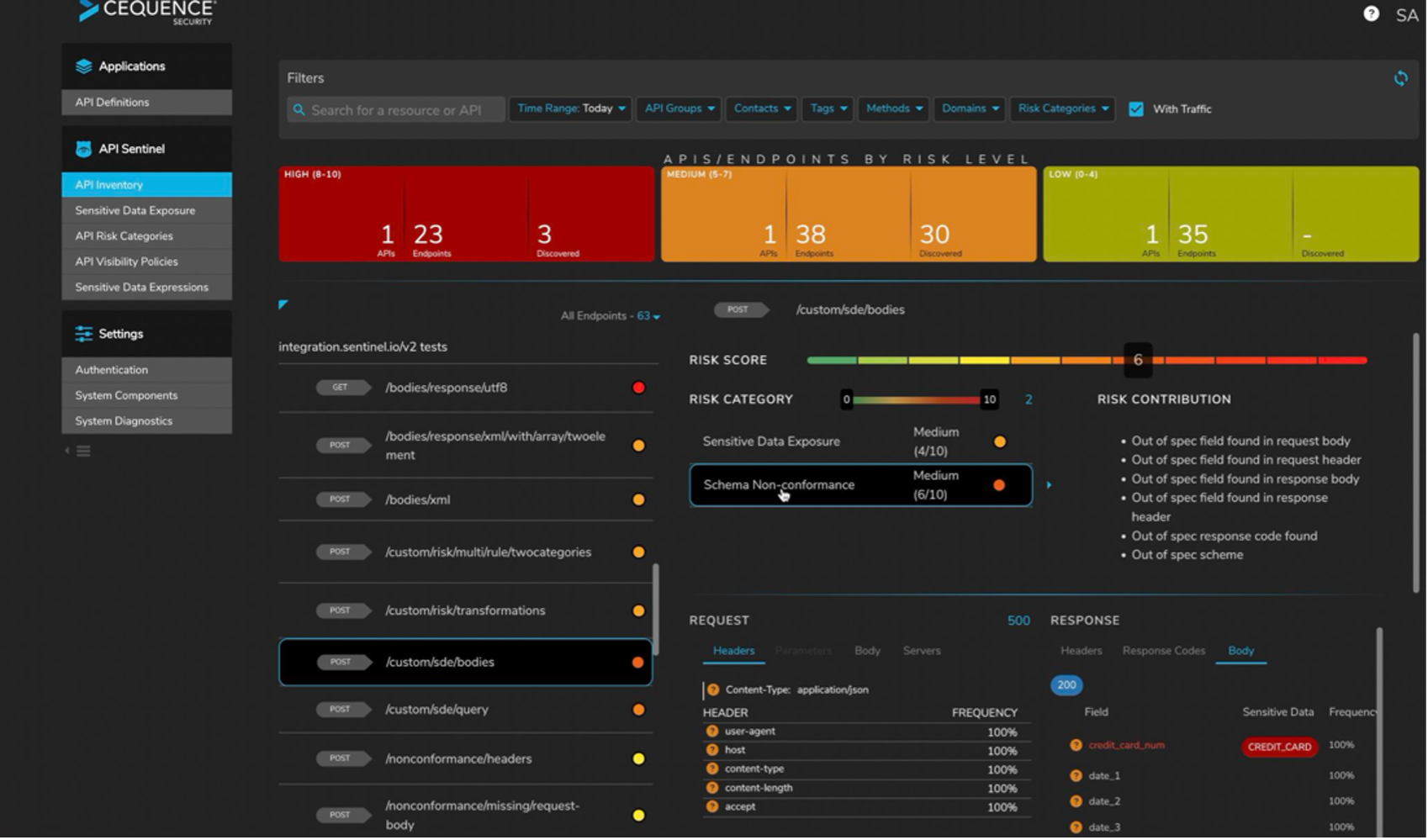San Diego Unified School District target of cybersecurity breach
SAN DIEGO — The San Diego Unified School District is struggling through another cyber attack.
The latest security breach was announced after the district alerted the FBI and other local law enforcement agencies.
“It’s not a question of if, but when this is going to happen,” said Sai Huda, a cybersecurity expert and founder of Cyber Catch.
Schools are fast becoming a favorite target for hackers, because computer security experts say they are often a soft target. The attackers are after the data. They also want money so it’s a double bounty.
“What they want to do is affect ransomware and bring the school to a halt and demand payment,” Huda said.
The San Diego Unified School District declined to comment but released this statement:
“After learning of this incident, we acted swiftly to take steps to secure our network, to launch an investigation and to prevent any disruptions to (information technology) operations.”
The extent of the breach will take time to understand, but security experts say anyone affiliated with SDUSD should change their passwords and started to monitor their credit file closely.
Parents of students should also monitor their students credit files as well, because hackers could try to open up credit lines even before the student turns 18.
“If you go to college all of a sudden, you’ll discover your credit is ruined and you will be rejected from the loan. So, the impact is just devastating,” Huda said.
SDUSD is expected to have more information in the days to come.




